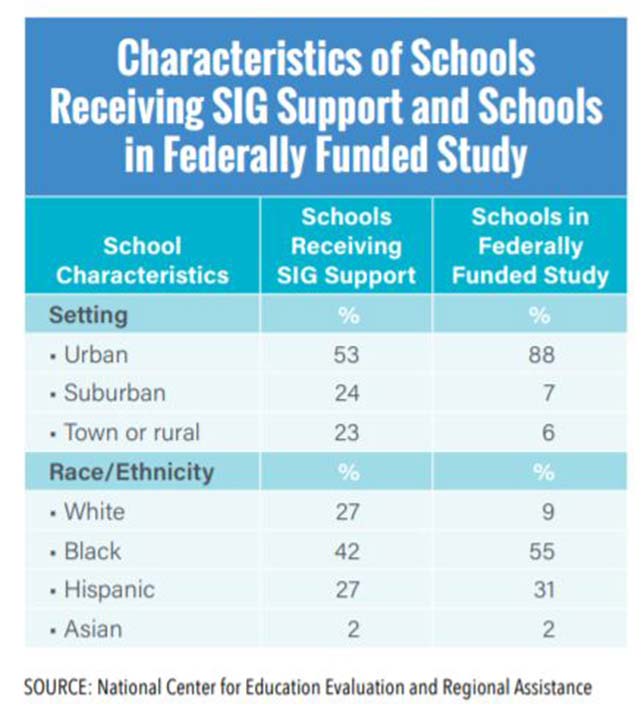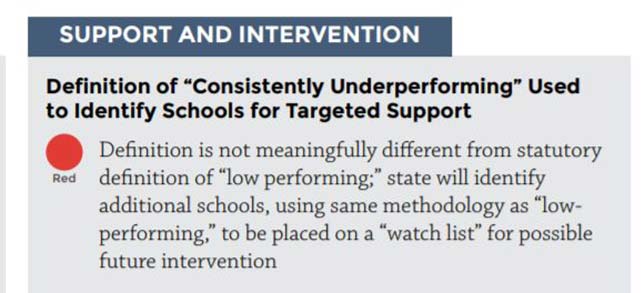
The learning and innovation in education never stops. Here's what 12 education technology experts and observers expect for the new year in K-12.
The act of evaluating teacher and principal performance by new measures is already becoming a thing of the past, Some 30 states have backed away from innovative evaluation reforms they adopted during a "flurry of national activity" between 2009 and 2015, according to a new report.
Georgia and North Carolina have become the latest states to test new ways for assessing student achievement. Both states have received approval from the U.S. Department of Education to take part in the innovative assessments pilot program, starting with the new school year.
One office in the U.S. Department of Education is conducting research on whether to conduct evaluations on two ESSA pilot programs.

FutureEd has called the federal government to task for dropping support for the School Improvement Grant program. The SIG program, begun during the Obama presidency, with a total $7 billion investment in about 1,250 of the lowest-achieving public schools, was later called a failure by the Education Department's Institute of Education Sciences.

The United States Department of Education has accepted New Hampshire's plan to join a pilot program for alternative student assessments under the Every Student Succeeds Act.

States are "shirking" their responsibilities in two important Every Student Succeeds Act provisions, according to a new analysis by the Alliance for Education.
The United States Department of Education's approval of Florida's ESSA plan brings all 50 states, D.C. and Puerto Rico into compliance with the country's most comprehensive education law.
A study of every state's Every Student Succeeds Act plan found that "while approaches to student success vary, the commitment to data use is clear." The study outlined three "major ways" states are "deploying data to meet their education goals."
According to Matthew Chingos, director of Urban Institute's Education Policy Program, a handful of states are using new methods of data analysis for identifying economically disadvantaged students as an alternative to the long-used free or reduced-price lunch (FRL) measure.